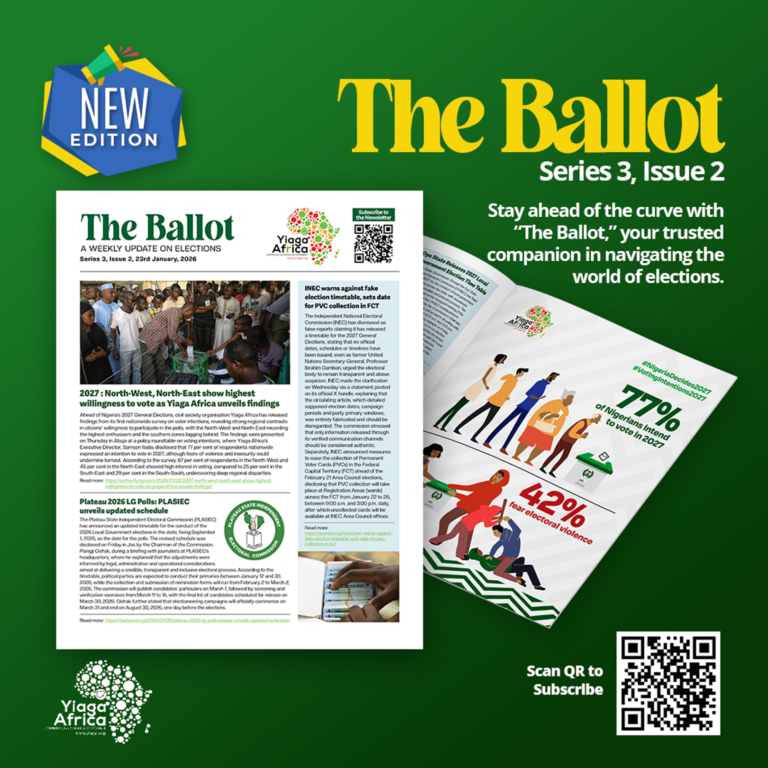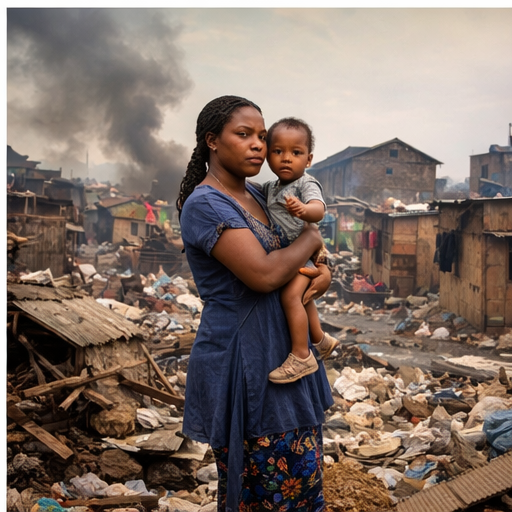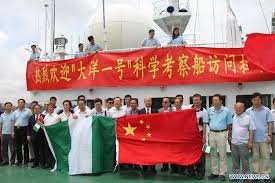
By Ameh Gabriel : Media360Impact
Source Credit: Raphael Oni “Engagement in Africa: China’s Era of Cooperation”
In a world constantly challenged by political polarization, economic competition, and misinformation, the most powerful antidote to division lies in mutual understanding, shared history, and cultural exchange. Nowhere is this truth more profoundly demonstrated than in the evolving relationship between China and Nigeria a partnership built not only on commerce and diplomacy but also on the quiet strength of cultural dialogue and human connection.
A History Forged in Solidarity
The roots of Sino-African relations stretch back to the mid-20th century, when China stood in solidarity with African nations during their struggles for independence. This shared anti-colonial history laid a moral and ideological foundation for future cooperation. For Nigeria, which gained independence in 1960, China’s early support symbolized a commitment to mutual respect among developing nations.
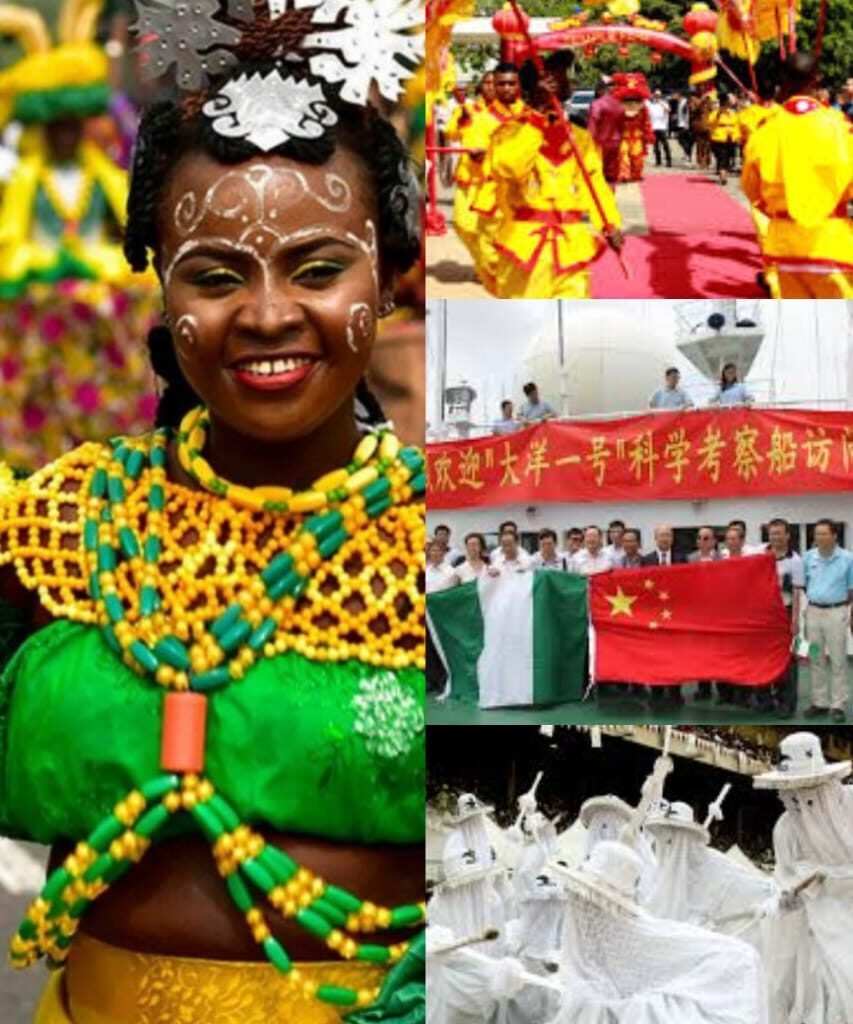
Since then, economic and political collaboration has surged, but what’s increasingly redefining the China-Nigeria relationship is the deepening of cultural understanding a bridge that sustains long-term friendship beyond trade and treaties.
Cultural Exchange: The Human Face of Diplomacy
Cultural exchange is more than showcasing dances, food, or language it is about stepping into each other’s worlds and finding common humanity. Programs like the China-Africa Joint Research and Exchange Program, Confucius Institutes across Nigerian universities, and people-to-people interactions through scholarships, study tours, and journalist exchange programs (such as the one undertaken by Raphael Oni) have created avenues for immersive understanding.
Raphael Oni, in his reflections on his stay in China, captures this beautifully:
“During my four-month stay in China, I witnessed firsthand the country’s rapid development and modernization… My experience in China reinforced my understanding of the country’s commitment to cooperation with Africa.”
This lived experience paints a more nuanced portrait of China not merely as a trade partner, but as a society with values, aspirations, and challenges that Nigerians can relate to and learn from. It transforms statistics into stories, and diplomacy into dialogue.

Language, Education, and Knowledge Sharing
The growing presence of Confucius Institutes in Nigerian universities is not just about learning Mandarin it’s about cultivating global citizens who understand the nuances of another culture. Similarly, Nigerian students studying in Chinese universities return with skills, exposure, and a different worldview that can be harnessed for Nigeria’s development.
In the reverse, China is increasingly interested in African literature, music, film, and fashion. Nigerian culture from Afrobeats to Nollywood is making inroads into Chinese popular culture. This mutual curiosity fosters empathy, dismantles stereotypes, and opens minds to cooperation in new fields like creative industries, digital innovation, and tourism.
Infrastructure of Understanding: More Than Roads and Rails
Much has been said about China’s vast infrastructure investments across Africa from railways in Lagos to power projects and industrial zones. But cultural infrastructure is equally vital. As President Xi Jinping emphasized during the 2024 FOCAC Summit, building “a community with a shared future” requires shared values and shared stories. It requires roads not only made of concrete, but of compassion and connection.
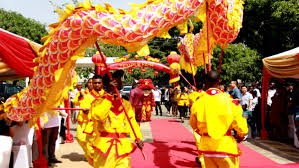
Indeed, FOCAC’s emphasis on cultural cooperation from digital platforms to education signals that China views African countries like Nigeria not just as markets, but as equal partners in global civilization.
Navigating Differences, Embracing Commonalities
Naturally, no relationship is without friction. Concerns over debt sustainability, local employment in Chinese-funded projects, or differences in political systems and human rights frameworks are real and must be addressed through open dialogue. But cultural exchange gives such conversations a human context allowing criticism without hostility, and correction without suspicion.
When Nigerians and Chinese people interact on a personal level through student exchanges, artist residencies, business partnerships, or collaborative media projects they begin to see each other not as competitors or strangers, but as collaborators and neighbors.
The Future: A Partnership Rooted in People
The success of China-Nigeria relations in the next decade will not be judged solely by the billions in trade volume or kilometers of rail track laid. It will be measured by how deeply the two societies understand and respect each other by how many Nigerian children can name a Chinese author, and how many Chinese students can appreciate Nigerian proverbs or cuisine.
In a time of growing nationalism and technological fragmentation, China and Nigeria have the opportunity to model what a 21st-century partnership between the Global South can look like: grounded in shared aspirations, fueled by mutual curiosity, and driven by the collective power of people.
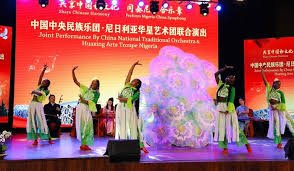
Cultural exchange is no longer a soft add-on to diplomacy it is the heartbeat of sustainable international cooperation. As Nigeria and China continue to build bridges of commerce, politics, and technology, they must never lose sight of the deeper, quieter bridges of culture and understanding. These are the bridges that last.
Source Acknowledgment:
This editorial draws on insights from Raphael Oni’s work titled “Engagement in Africa: China’s Era of Cooperation,” which offers a first-hand narrative of China’s evolving ties with Africa through infrastructure, diplomacy, and cultural collaboration.


